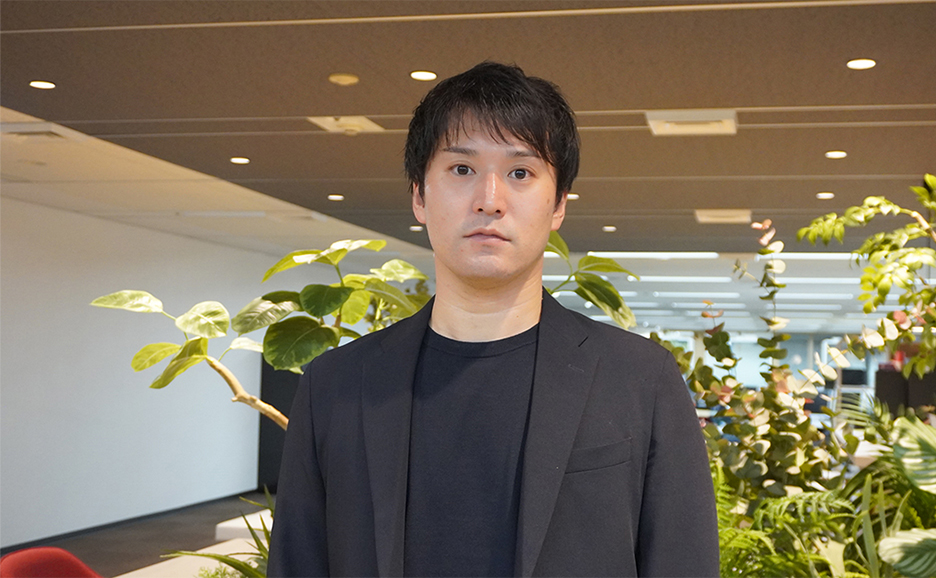A recipe for future success? How Data and AI are changing materials innovation

Article | 2025-11-19
10 minute read
Picture a delicious bowl of ramen. It’s been perfected by a shop owner over many years. The taste comes from experience, daily trial and error, and small adjustments along the way. But the recipe was never written down, and no one can reproduce it exactly. What’s more, a slight change in temperature, one of the ingredients, or even how it’s stirred creates a “one-time-only” taste that can’t be replicated.
This story mirrors a common reality in the world of materials development.
Many breakthroughs come from the skills and intuition of experienced researchers. But when the reasoning behind these successes remains a “black box,” repeating or predicting results becomes extremely difficult. For companies to grow sustainably in uncertain times, they need to move beyond relying on individual expertise. Instead, they must uncover and define the real principles — the causal relationships between materials and their functions.
This is where Materials Informatics (MI) comes in. MI isn’t just about using new tools. It’s a fundamental shift in how materials are developed: moving from trial-and-error “recipe hunting” to principle-based development that’s grounded in data and clear logic. This shift makes manufacturing more predictable, more efficient, and more reliable.
MI is built on data infrastructure and artificial intelligence (AI), strengthened by high-performance computing (HPC) and quantum computing, which will play a growing role in future innovation. When these technologies are used together in a coordinated way, their impact is much greater than when used separately.
The benefits of MI go well beyond faster analysis or more accurate testing. MI helps create the foundation for a next-generation manufacturing system — one where experiments can be planned and carried out automatically, and results can be verified through robotics and automation.
Fujitsu is driving this change with advanced AI technologies, including explainable AI, causal discovery AI, and AI agents. We also bring decades of experience in data management and HPC, along with a strong R&D program in quantum technology.
This report explains how MI is transforming materials development, highlights global trends, and introduces the key technologies behind this shift. It also outlines Fujitsu’s approach to making MI more effective.
To build the future we want, we need to move from trial and error to principle-based development. Now is the time to take the first step toward a stronger, more sustainable competitive edge. This is the recipe for success.
*The affiliations and the content of this article are valid as of the date of its original publication.
Daisuke Suzuki
Head of Corporate Insight Dept, Marketing Strategy division, Global Marketing Unit, Fujitsu Limited
Daisuke Suzuki joined Fujitsu in March 2024, following roles at Nikkei Inc. and PwC Japan. At Nikkei Inc., he spent approximately 18 years as a staff writer and editor, covering policy at central government agencies such as the Ministry of Finance, Financial Services Agency, and Ministry of Economy, Trade and Industry, as well as industries including energy and startups. At PwC Japan, he led the planning, editing, and writing of Thought Leadership content as a Manager. He assumed his current position in April 2025.


Related Information
Fascinated by computational science’s power to simulate the microscopic world

Solving the "Tariff Puzzle" in an era of uncertainty with data & AI-driven supply chains

Fujitsu Data Intelligence PaaS

AI Agents and the Pathway to Evolving Intelligent Manufacturing

Working with agentic AI and its potential risks

